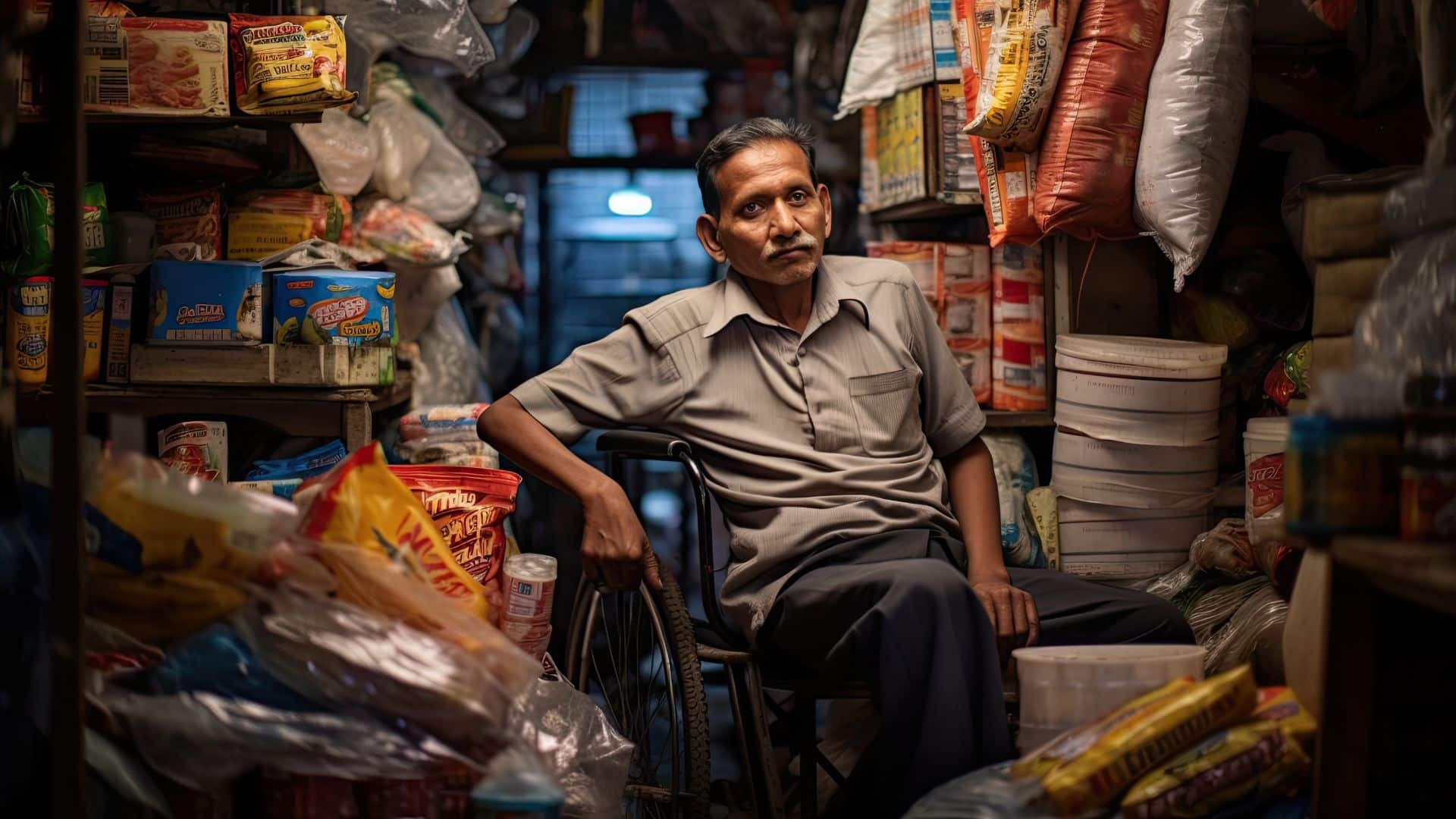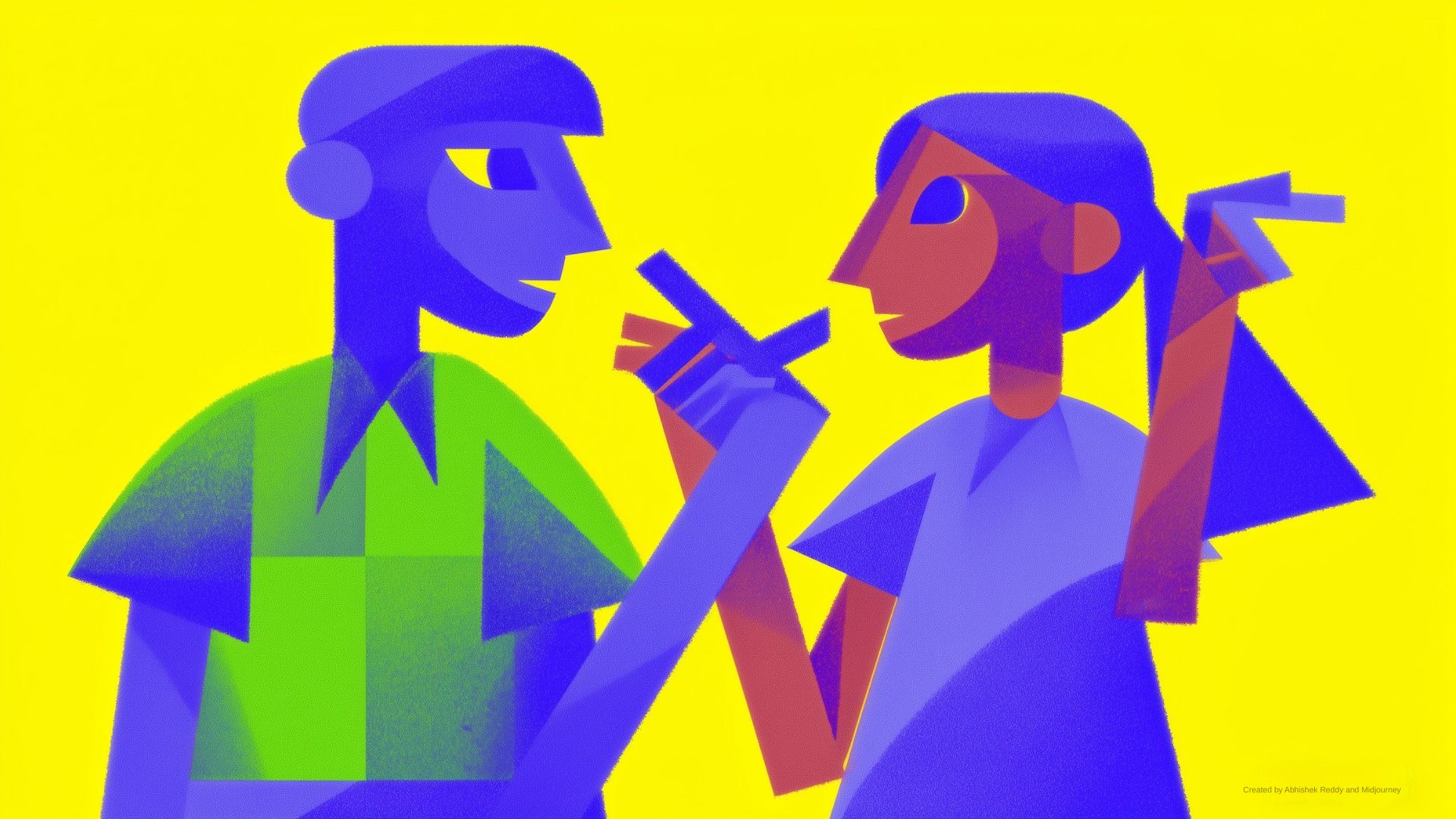
Self-Employment for Persons with Disabilities: A Pathway to Dignity and Livelihood
Self-employment for persons with disabilities presents a powerful alternative to traditional employment, especially for those in rural areas with limited access to jobs. With the right support—including training, seed capital, and mentoring—individuals can overcome systemic barriers and build dignified, sustainable livelihoods. This blog focuses on the inclusive approach of Dr. Reddy’s Foundation in promoting self-employment among PwDs.
Unemployment among Persons with Disabilities (PwDs) remains significantly high, reaching up to 64%. Primary factors include limited education, relocation difficulties, and dependence on family support. Most employment opportunities exist in metros or tier-1 cities, often inaccessible to people living in rural areas.
Self-employment for persons with disabilities offers a promising alternative, empowering individuals to earn with dignity and confidence.
Understanding the Landscape: Barriers and Openings for Self-Employment for Persons with Disabilities
About 70% of persons with disabilities live in rural areas, where migrating to cities for jobs is impractical. Self-employment becomes a vital solution in such cases. Government schemes like the MUDRA Loan Scheme, NHFDC initiatives, and Stand-Up India Scheme provide financial assistance. However, many remain unaware of these opportunities. Effective market linkages and business mentoring are essential for sustainability.
Self-employment for persons with disabilities requires no age or educational constraints. Common rural businesses include retail, tailoring, food services, and family-supported enterprises.
DRF’s Inclusive Approach to Self-Employment for Persons with Disabilities
Dr. Reddy’s Foundation (DRF) works to nurture persons with disabilities towards self-sufficiency, aiming for income increases of 50% to 100%. The program addresses all disabilities as defined in the RPwD Act 2016, offering seed capital and mentoring to overcome barriers and scale income.
What Sets the Program Apart
Key features of our initiative:
- Focus on all disabilities, with at least 40% women beneficiaries.
- Two-day training covering business operations, digital banking, and financial planning.
- Seed capital and six months of mentoring.
- Implementation through collaboration with local authorities, banks, and community stakeholders.
Stories of Progress: From Struggle to Strength
Bandela Mallaih: A New Start with a Flour Mill
After an accident left him permanently disabled, Bandela Mallaih of Teegalapalli struggled to make ends meet. He ran a small Kirana store with family help but faced continued financial stress. DRF supported his idea of starting a flour mill with a seed grant and training. Today, he earns a stable income, supporting his family and children’s education.
Radha: Resilience Through Tailoring and Trade
Polio at age three left Radha without use of her legs. She began tailoring from home to support her family. A grant from DRF helped her expand to groceries and cold drinks. Her disciplined approach and customer focus have helped her thrive and support her sister.
Impact in Numbers
Over 700 persons with disabilities have benefitted in Telangana through DRF’s training, seed capital, mentoring, and credit linkages. Most beneficiaries reported 50% to 100% income growth. The success rate is approximately 95%.
What We’ve Learned
- Careful beneficiary selection and community assessments are vital.
- Regular follow-ups address both business and personal setbacks.
- Support in marketing enhances business outcomes.
- Individuals with severe disabilities need extended support for scaling.
- Half of the beneficiaries have shown readiness for business expansion through credit.
The Road Ahead: Scaling Self-Employment for Persons with Disabilities
With encouraging results, the program is ready for scale-up across India through partnerships with community-based organizations and donors. It contributes directly to Sustainable Development Goal 8: Decent Work and Economic Growth. We welcome stakeholders to partner in expanding self-employment opportunities for persons with disabilities through awareness, funding, and collaboration.



